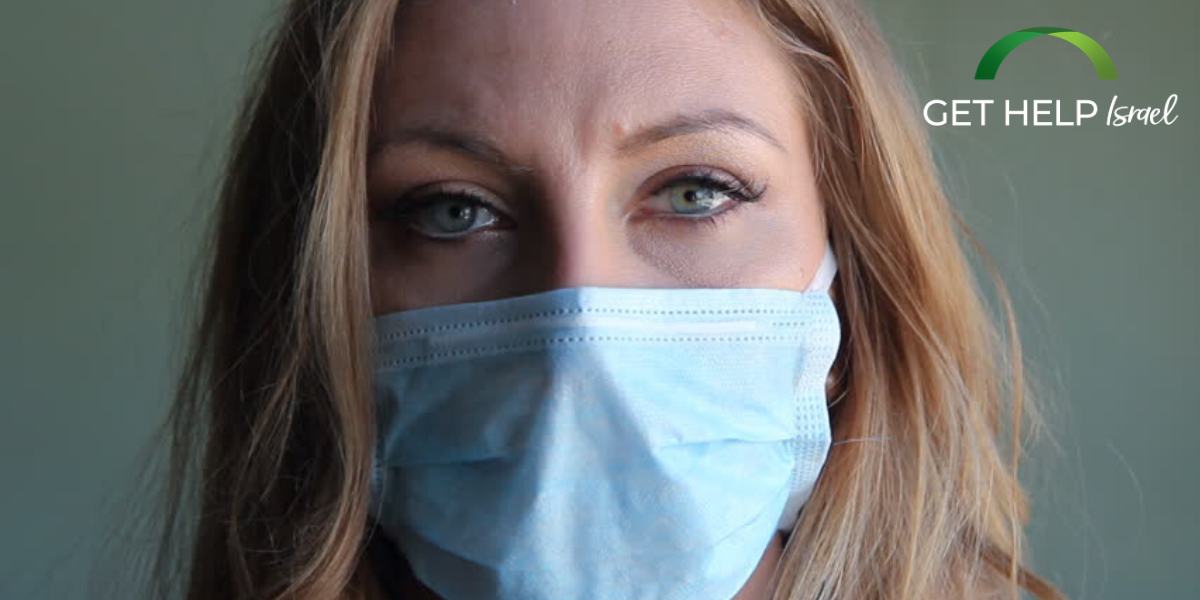Challenges and Advise for People in Self-Quarantine

What makes
self-quarantine so hard? Lots of things! We know that predictability and
routines are important to mental health.
There is so
much unknown around the future of this pandemic, the Corona virus, causing
anxiety. Every day, even several times a
day, we get new, sometimes conflicting information. New directives can cause
confusion over how to behave and take care of ourselves. There is fear around
the possibility of getting sick, or our loved ones getting sick, how to avoid
getting sick and/or what to do if we or they don’t feel well.
The
situation most likely will cause us worry around financial losses. If we are
away from work, will we be compensated? Will the situation cause financial
losses even once out of quarantine? Expectations around finances are one of the
classic issues couples disagree on; the need for re-evaluation could be
extremely difficult.
Forced
self-quarantine cancels routines, somewhat similar to being on strike, only
having to be at home. If alone at home in self-quarantine, one may feel lonely.
Maybe it could cause us to feel that we are not grounded, bored, walking around
the house with no particular plan for the day. Perhaps we’ll feel like we are
on vacation, sleeping late, loafing or being even more in front of screens. On the other hand, we might feel it gives us
a chance to get projects done around the house. If so, will we be motivated and organized or
risk setting expectations not fulfilled?
If you are home
with other family members, it may cause stress. It may feel overcrowded.
When people are anxious or tense, cognitions are weaker, which may lead to less
patience, more arguments, and even more tension. Disagreements already present,
but under control, may escalate. Things that usually work, such as division of
labor at home, may become conflictual. It’s hard in the best of circumstances
to keep relationships balanced and healthy. Added life stress compounds the
challenges.
Self-quarantine
means that some things we were used to doing out of the home, such as shopping,
driving kids to activities, etc. will have to be delegated. Not everyone is
used to needing support systems. Some people are comfortable asking for help,
others less so. Knowing whom to ask for what is a skill-who can shop, drive,
keep up with school activities, kids’ play dates (out of your home) or
otherwise busy, you name it. Expectations around help from extended families
may cause hard feelings.
Leisure is one
of the ways to build resilience. Adding
alternate positive at-home leisure activities is crucial. Tuning into an
exercise routine instead of another episode of your favorite tv show will add
to your feeling of well-being. How about
old-fashioned board games?
There is uneasiness
around travel plans needing to change and work or family events getting cancelled
or altered to fit in with the new directives. Self-quarantine could “give you”
extra time to worry over these issues.
Reaching out
to a mental health professional would be one of the ways to alleviate some
stress. Having a video conversation while in self-quarantine can help you feel
less alone and seek positive coping mechanisms for dealing with personal and
relationship challenges in these uncertain times. By the way, self-disclosure:
I’m in self-quarantine (alone), so I have plenty of quiet time to schedule
individual or couple sessions. Let me know if you’d like to talk about how it’s
going; better not to wait till it’s unbearable.



